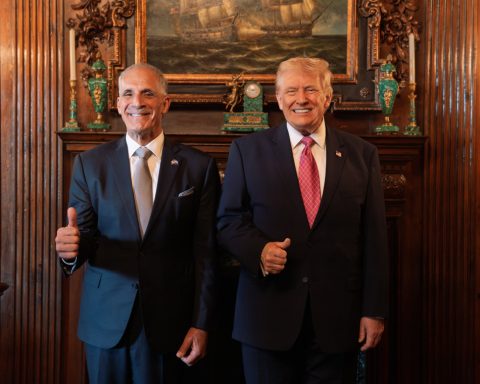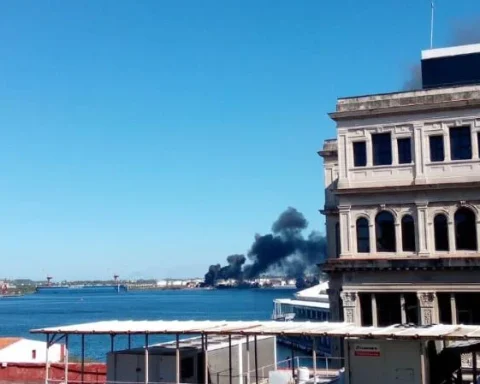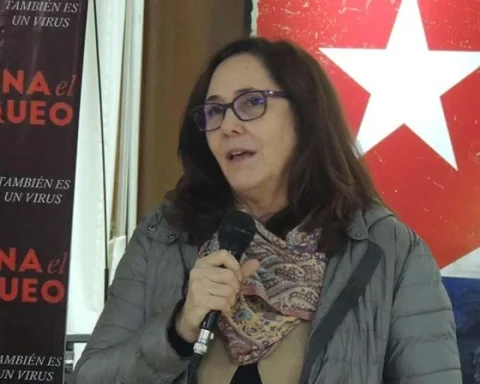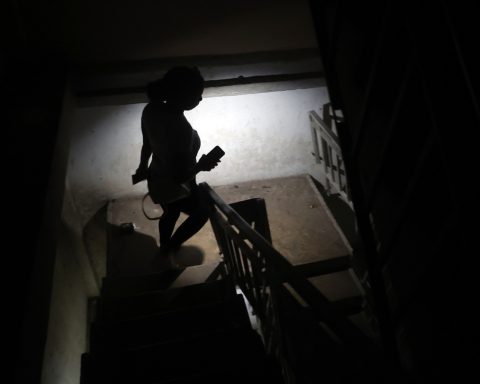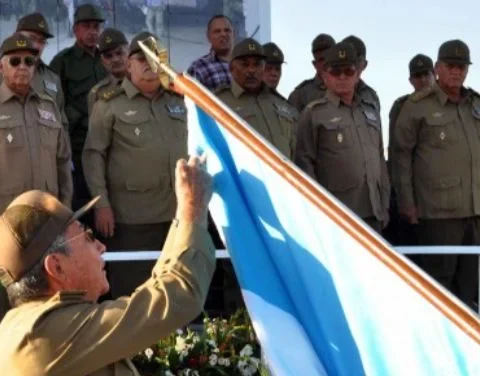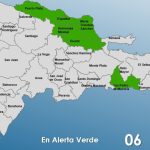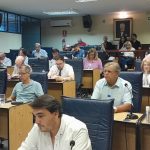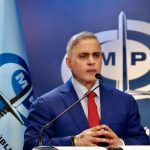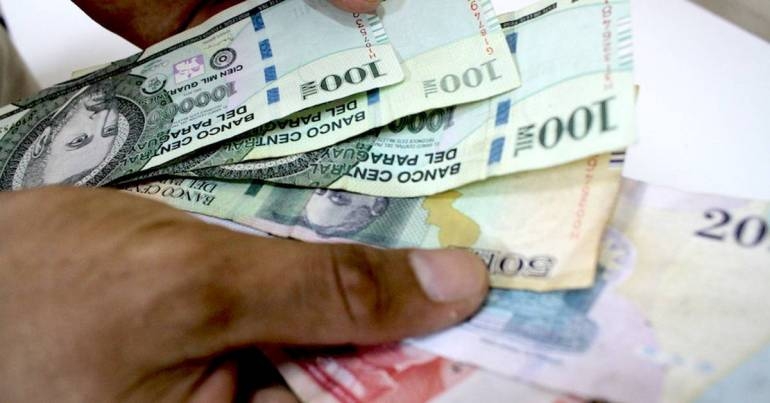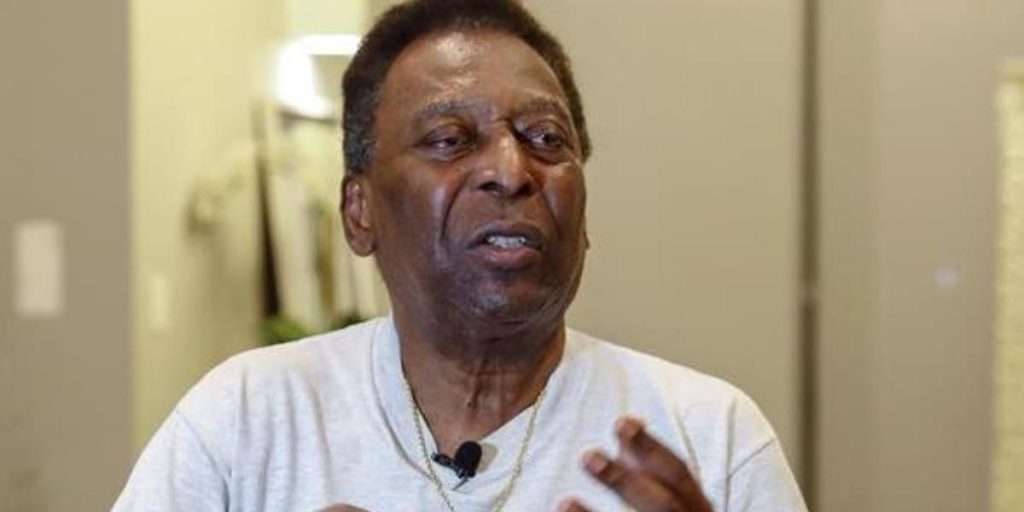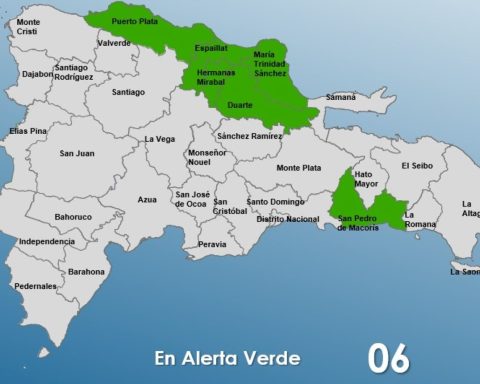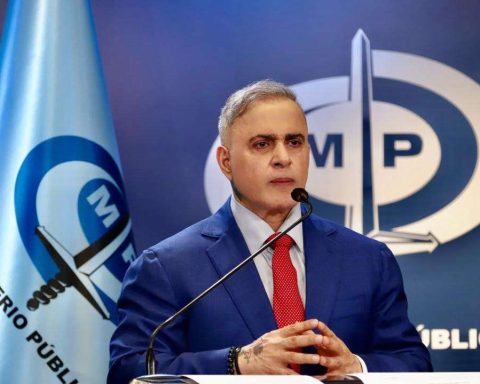His father, Michael Kast, fought with the German land army during World War II and, after that conflict ended, he emigrated to Chile in 1950 where he raised a family with his compatriot Olga Rist.
José Antonio, the youngest of 10 siblings, was born on January 18, 1966, graduated from the Universidad Católica de Chile as a lawyer and is married to María Pía Adriasola, with whom he has nine children.
Since 1984, he began to be influenced by Jaime Guzmán, one of the ideologues of the Chilean right and founder of the Independent Democratic Union (UDI) party, in which Kast was active until his separation in 2016.
He was an activist and enthusiastic promoter of the yes in the popular referendum of 1988 to decide if Pinochet continued in power, a consultation in which the no was imposed.
In 1996 he assumed his first public position as a councilor in the mayor’s office of Buin, in the south of the Metropolitan Region of Santiago, and in 2002 he began his stage as a UDI deputy in Congress, where he remained for 16 years.
This legislative experience allowed him to polish an incisive and scathing oratorical style, which he uses in debates to express his extremist ideas and take his rivals off balance.
Convinced that his presidential ambitions would not succeed in the UDI, he separated to run as an independent candidate in 2017, when he came in fourth place with seven percent of the vote.
In 2018 he founded the far-right Republican Party and on July 18, 2021, he announced his candidacy for the presidency with a program that plans to reduce the role of the State, lower public spending and lower taxes on large companies.
Kast supports the militarization in La Araucanía where indigenous Mapuche are demanding the return of their ancestral lands, advocates reinforcing the Carabineros police and the Armed Forces, and proposes digging a ditch on the border to prevent the passage of migrants.
Compared here with Brazilian President Jair Bolsonaro and former US president Donald Trump, the candidate for La Moneda opposes abortion and equal marriage, and said that – if elected – he would separate the country from the Human Rights Council from the UN.
During the last television debate of the presidential candidates, he received numerous criticisms for denying the human rights violations during the Pinochet dictatorship (1973-1990), where according to the Valech Commission more than 40 thousand people suffered torture and other humiliations and, of them, 3,565 were murdered or disappeared.
The polls, highly questioned in Chile, made him climb in the intention of the vote to place him in the first place, where he alternates the position with Gabriel Boric, from the left-wing I Approve Dignity coalition, with whom he will eventually go to the second round of 19 December.
Then there will be a confrontation between two diametrically opposed visions about the future of this South American country.
jf / car / ami
